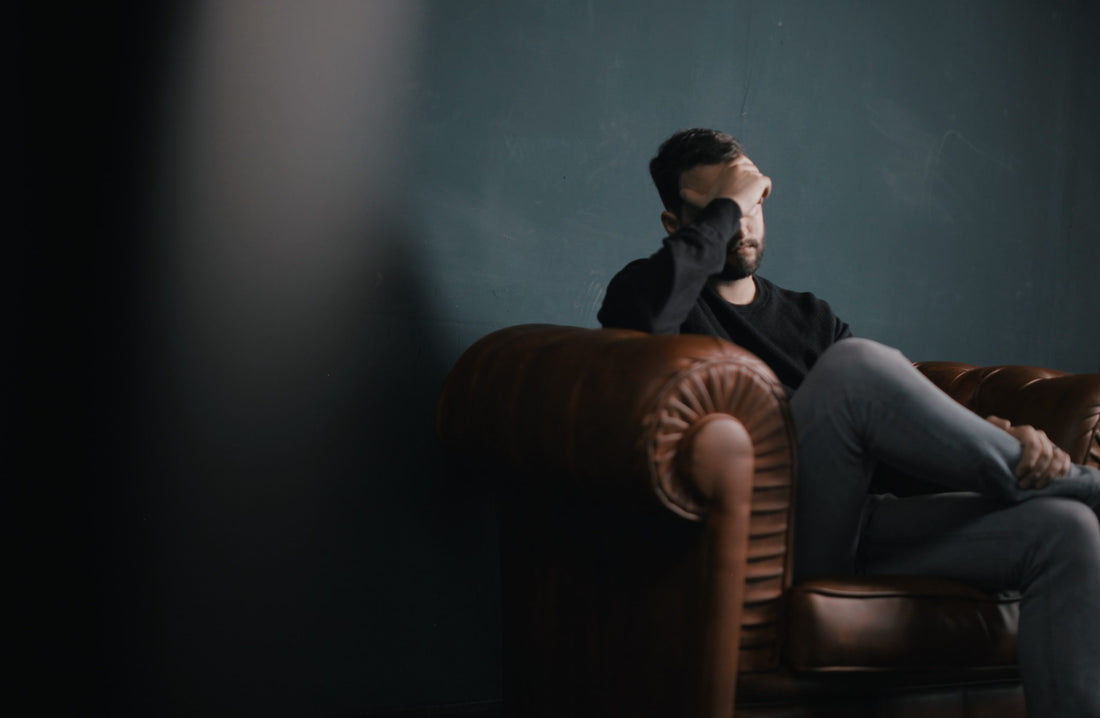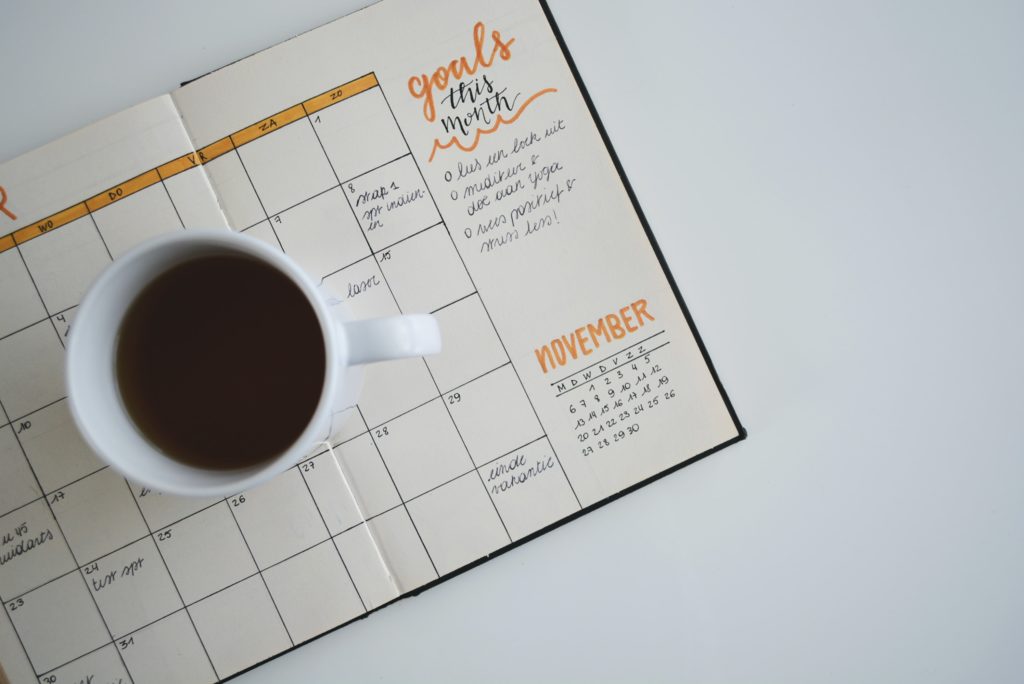
How Great Sleep Alleviates Headaches and Migraines
There’s no doubt we all feel better when we’ve had a good night’s sleep. In fact, new evidence is emerging that supports a connection between a lack of sleep and headaches.
Though we can’t yet say definitively that a lack of sleep causes headaches, sleep is an important factor. Read on to learn about how to improve sleep with the right mattress, pillow, and sleep habits, and discover how great sleep alleviates headaches and migraines.

Examining the Link Between a Lack of Sleep and Headaches
Can you get headaches from a lack of sleep? Maybe … experts have linked two types of headaches to sleep: migraines and tension headaches.What Is a Migraine?
Migraines are recurrent, painful headaches. They typically manifest as moderate to severe pain on one side of the head. The pain may last hours or days and may feel like it’s throbbing or pulsing. Other potential symptoms include nausea, vomiting, weakness, and sensitivity to light and sound. Some migraines also include aura, a particular set of neurological symptoms that can affect vision. About 12% of the U.S. population suffers from migraines. Women, especially those with a family history of the condition, are more likely to suffer from migraines than men.What Is a Tension Headache?
Tension headaches (also known as stress headaches) typically include dull pain, pressure, or tightness in the forehead or around the back of the head or neck. These headaches typically cause mild to moderate pain and can last half an hour to several days. Other potential symptoms include tiredness, muscle aches, irritability, and difficulty focusing. Unlike migraines, tension headaches rarely cause nausea, vomiting, or weakness, and rarely worsen because of light or sound. Tension headaches are common: up to 80% of American adults suffer from them occasionally. As with migraines, women are more likely to suffer from tension headaches than men.Can a Lack of Sleep Cause Headaches?
The link between sleep deprivation and headaches is complex, but there is evidence that irregular sleep habits may trigger headaches and changes in sleep habits may trigger migraines.A Strong Correlation Between a Lack of Sleep and Headaches
Does a lack of sleep cause headaches? Though scientists aren’t sure, individuals who suffer from migraines are more likely to experience insufficient sleep. Furthermore, scientists have shown that a lack of sleep can increase the frequency and severity of migraines. Individuals with sleep disorders are more likely to experience headaches and migraines.The Biological Connections
Sleep deprivation and migraines share common brain mechanisms, including the hypothalamus and the pineal gland, which produce melatonin. A Missouri State University study demonstrated a connection between REM (rapid eye movement) sleep disruptions and proteins that affect pain. After scientists deprived rats of REM sleep for three nights, the rats secreted greater amounts of three proteins. Two of these proteins regulate facial nerves, including the trigeminal nerve, which experts believe play a critical role in migraines. The third protein helps regulate chronic pain. Experts also believe that sleep deprivation may reduce the body’s pain threshold. If so, poor sleep increases sensitivity to headache pain. Scientists are continuing to investigate how great sleep alleviates headaches and migraines.Increasing REM Sleep as a Way to Relieve Headaches and Migraines
Think you have a headache from not sleeping? There are simple steps you can take to help. To ensure you get quality REM sleep consistently, consider some simple behavior changes. Additionally, select a mattress and pillows that will set you up for the best sleep possible. Together, these steps offer a potential cure to headaches from a lack of sleep.Apply Simple Behavior Changes
Practicing good sleep hygiene is critical to restful sleep. Try these simple behavior changes to increase REM sleep and avoid headaches:- Follow a sleep schedule. Going to bed and getting up at the same time every day helps you get the right amount of sleep consistently. For most adults, this is seven to nine hours.
- Avoid alcohol, nicotine, and caffeine before bed. These stimulants can disrupt your sleep. Similarly, eat and drink lightly in the evening to avoid indigestion and middle-of-the-night bathroom visits.
- Exercise regularly, but avoid exercising near bedtime. This can keep you awake.
- Avoid electronic screens near bedtime, as the light from these devices can disrupt your sleep cycle.
- Develop a relaxing bedtime routine. This could be reading, meditating, or taking a bath.

